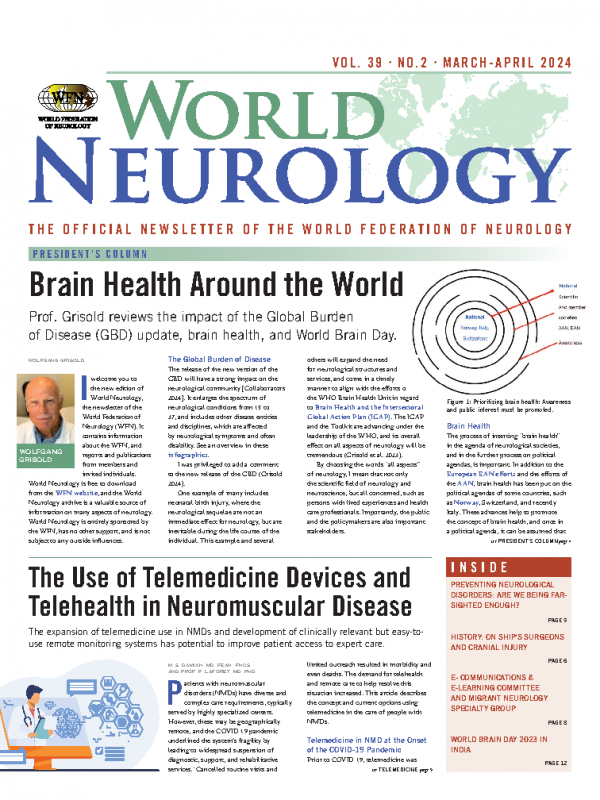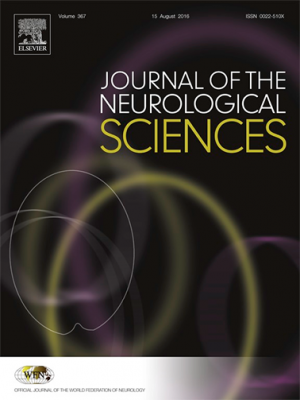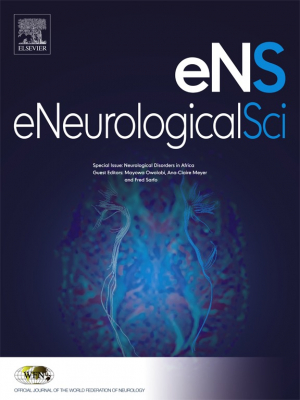|

|

-
Use of the concussion check protocol for concussion assessment in a female soccer team over two consecutive seasons in New Zealand ⧉
King D, Hume P, Clark T, Wethe J.
Journal of the neurological sciences. 2024 May 15;460:123011.
The study aimed to address deficiencies in access to sports sideline medical care by using a Concussion Check Protocol (CCP) for non-medically-trained people.
A prospective observational cohort study was undertaken on a single amateur female club-based soccer team over two consecutive years in New Zealand utilising a non-medically trained support person termed a Safety officer. CCP is an extension of the King-Devick test with features such as warning signs and symptoms of concussion built into the application. All players suspected of having a potential concussive injury were tested on the match sideline.
-
The search for blood-biomarkers of persistent post-concussion symptoms ⧉
Meier TB
Journal of the neurological sciences. 2024
Prolonged symptoms following concussion, commonly called persistent post-concussion symptoms (PPCS), are a major public health burden that occur in up to an estimated 30% of all individuals that experience a concussion (a form of mild traumatic brain injury; mTBI). Despite this prevalence, the underlying pathophysiology and mechanism of PPCS are still unknown.
This lack of knowledge significantly impairs clinician's abilities to identify patients at risk for developing PPCS and objectively monitor patients with PPCS and has also prevented development of therapeutics to reduce symptoms and thus limit the significant personal and societal costs associated with PPCS.
Open latest issue
|

OPEN ACCESS JOURNAL
-
GENDER PARITY IN HIGH IMPACT NEUROLOGY JOURNALS
Qaryouti D, Jibril O, Silva FD, Jain P, Gangu K, Sheikh AB.
Eneurologicalsci. 2023 Dec 1;33:100476.
Although female representation has been growing among physicians, women continue to be underrepresented in neurology, particularly regarding academic research in authorship and leadership. Analyzing recent trends in high-impact neurology journals highlights the underrepresentation of women and helps explore barriers to female representation in academic neurology.
Women are significantly under-represented in the field of neurological research in leadership positions as editor-in-chiefs, editorial board members as well as first or senior authors in top neurology medical journals. With continued underrepresentation of women occupying leading publishing roles, parity with men is still a work in progress. Additional work is needed to identify and address barriers to academic advancement for women physicians in academic neurology.
-
SOCIO-CULTURAL REPRESENTATION OF EPILEPSY AT THE TEACHING HOSPITAL OF POINT G, MALI
Th C, Dicko OA, Sangaré M, Sissoko AS, Cissé L, Landouré G, Djimdé SO, Yalcouyé A, Coulibaly T, Karambé M, Maiga YM.
Eneurologicalsci. 2023 Sep 26:100477.
Epilepsy is a significant public health concern with psychosocial impacts, including fear, stigma, and misconceptions. These factors contribute to human rights violations and discrimination. The objective of this study was to describe the sociocultural representation of epilepsy in Mali.
This cross-sectional descriptive study was carried out from April 2015 to November 2016 at the University Hospital of Point G. Patients with epilepsy were identified prospectively, and a questionnaire was administered to each patient and their parents.
The sociocultural perception of epilepsy hinders evidence-based diagnosis and management in Africa. This study suggests a need to focus on raising awareness to change these misconceptions.
Open latest issue
|